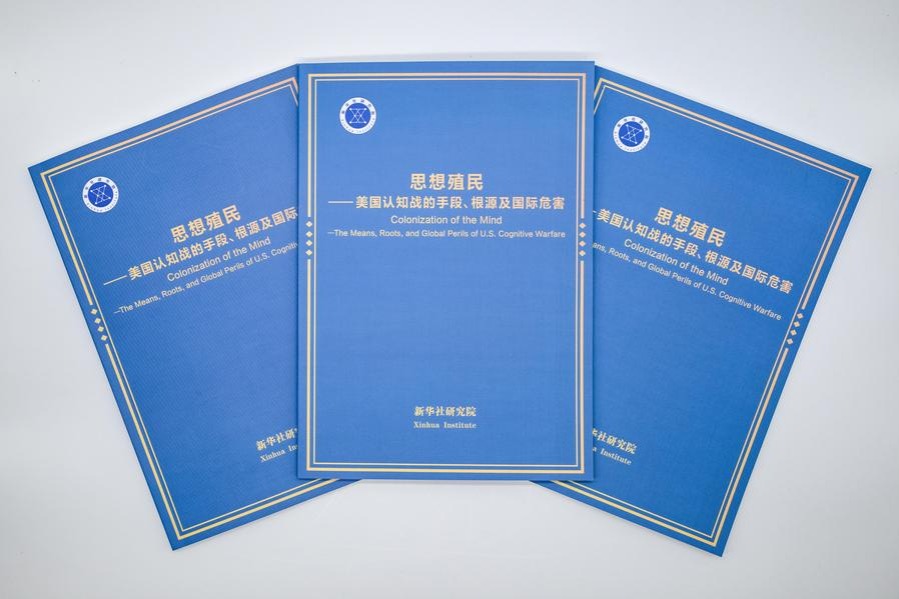Don't pollute with light


Health risks to all
Researchers say night lighting disrupts the human circadian rhythm and increases the risks of developing immune system depression, obesity, sleep disorders, and diabetes. Such disruption may also render humans more vulnerable to breast, colorectal, and prostate cancers.
The World Health Organization found that night workers exposed to artificial light have a higher probability of developing breast and prostate cancer. The WHO's International Agency for Research on Cancer categorizes such exposure to artificial light as "probably carcinogenic", its second highest alert level for carcinogens.
Scientists estimate the world's average illumination increased 270 percent, and 400 percent in some regions, during the 25 years between 1992 and 2017. Over 80 percent of the global population is subjected to nighttime light pollution, which also raises the likelihood of infectious diseases spreading.
Research in 2019 into the West Nile virus by the University of South Florida, showed exposure to artificial light increases the infection period for wild birds, increasing the potential for West Nile virus outbreaks by 41 percent.
- China Daily app announces winners of limited-edition military models
- China formulates, revises 150 sets of administrative regulations in 14th Five-Year Plan period
- China's first Sino-Russian cross-border marathon held in Heihe
- Shanghai announces first update to its protected wild animals list
- Son honors 'Invisible General's' legacy of sacrifice
- Yili and China Daily jointly launch limited edition gift collection





































